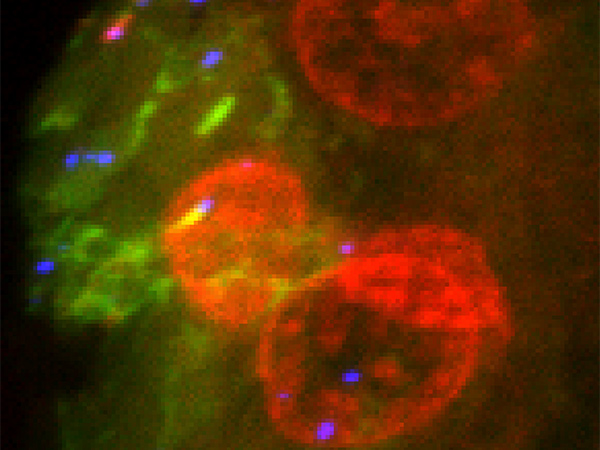Increasing Liver Cancer Treatment Options
The FDA has approved expanding the use of lenvatinib to treat certain patients with the most common type of liver cancer.

The U.S. Food and Drug Administration (FDA) recently approved expanding the use of the molecularly targeted therapeutic lenvatinib (Lenvima) to include treating certain patients with the most common type of liver cancer, hepatocellular carcinoma.
Under the expanded approval, lenvatinib can be used as an initial treatment for patients who have hepatocellular carcinoma that cannot be treated with surgery.
Liver cancer is the third type of cancer that the FDA has approved lenvatinib for treating. It was approved for certain patients with thyroid cancer and kidney cancer in Feb. 2015 and May 2016, respectively.
Liver cancer incidence has been increasing in the United States for the past four decades, according to data from the National Cancer Institute. New approaches to treatment are urgently needed because the five-year relative survival rate has improved little during that time; it remains at just 18.4 percent.
Most of the 42,030 new cases of liver cancer expected to be diagnosed in the United States in 2019 will be classed as hepatocellular carcinoma. Many patients diagnosed with advanced hepatocellular carcinoma are treated with sorafenib (Nexavar).
The recent approval of lenvatinib as an initial treatment for patients who have hepatocellular carcinoma that cannot be treated with surgery was based on results from the phase III REFLECT clinical trial. The results, which were published in the Lancet, showed that lenvatinib was not inferior to sorafenib in overall survival, nor was it statistically significantly better; median overall survival was 13.6 months among the 478 patients who received lenvatinib compared with 12.3 months among the 476 patients who received sorafenib.
Sorafenib and lenvatinib exert their anticancer effects in similar ways. They both target multiple proteins called tyrosine kinases, which promote growth and cancer progression in different ways. Some of the tyrosine kinases sorafenib and lenvatinib target promote the growth of the blood and lymphatic vessel networks that tumors establish to grow and survive. Thus, one effect of these molecularly targeted therapeutics is to impede the growth of new blood and lymphatic vessels. As such, they are known as antiangiogenic therapeutics, as well as molecularly targeted therapeutics.
The FDA approval was rendered on Aug. 16, 2018.
